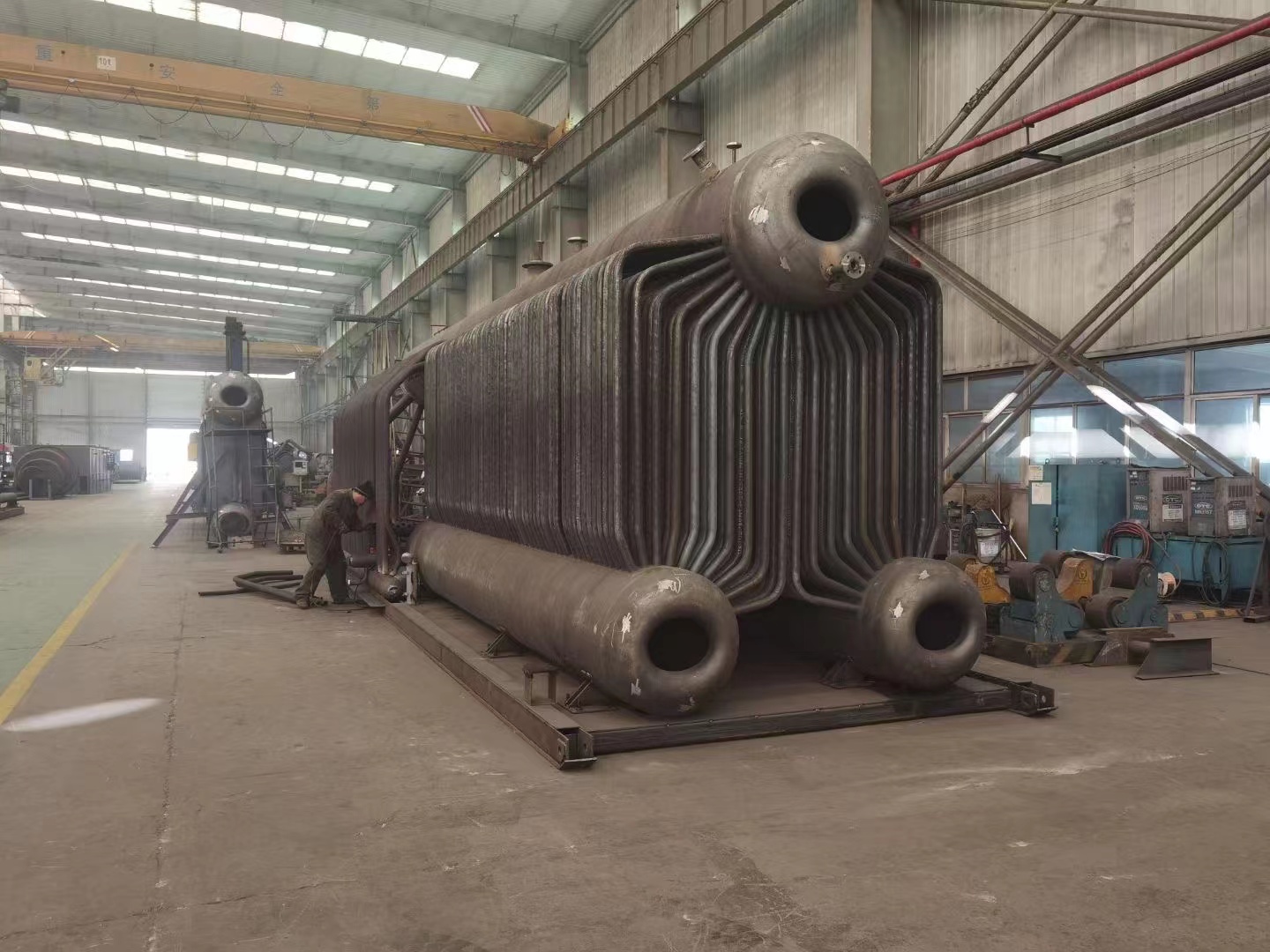hot water boiler for home
Hot Water Boiler for Home A Comprehensive Guide
As homeowners seek the most efficient ways to heat their living spaces, hot water boilers have emerged as a popular solution. These heating systems are not only effective in delivering warmth during colder months, but they also provide hot water for various domestic needs. In this article, we will explore the benefits, functioning, and considerations involved in choosing a hot water boiler for your home.
What is a Hot Water Boiler?
A hot water boiler is a heating system that uses water as a medium to transfer heat throughout a residence. The boiler heats water using a fuel source – such as natural gas, propane, electricity, or oil – and then circulates it via pipes to radiators, baseboards, or underfloor heating systems. The principle is straightforward as the water heats up, it rises through the system, transferring heat to the environment before returning to the boiler to start the process again.
Benefits of Using a Hot Water Boiler
1. Energy Efficiency Hot water boilers are known for their energy efficiency, often surpassing traditional heating methods. Modern systems can achieve efficiency ratings above 90%, making them an environmentally friendly choice as well.
2. Consistent Heat Distribution Unlike forced air systems that can create hot and cold spots, hot water boilers provide a steady and comfortable heat. The heat radiates evenly from the surfaces, promoting a more pleasant indoor climate.
3. Durability and Longevity With proper maintenance, hot water boilers can last for several decades. Their robust design means fewer repairs and lower long-term costs.
5. Quiet Operation Unlike some heating systems that may produce noise while functioning, hot water boilers operate silently, enhancing the tranquility of your home environment.
hot water boiler for home

Choosing the Right Hot Water Boiler
When selecting a hot water boiler, there are several factors to consider
1. Size The boiler must be appropriately sized for your home. An undersized boiler will struggle to heat your space, while an oversized unit may cycle too frequently, reducing efficiency.
2. Fuel Type Assess your available fuel options. Gas and oil boilers tend to have higher efficiency ratings, while electric boilers can be easier to install.
3. System Design Decide whether you prefer a conventional boiler system or a combi (combination) boiler, which provides both heating and hot water within a single unit.
4. Manufacturer Reputation Research and select a reputable manufacturer with positive customer reviews and warranties. A good warranty can provide peace of mind against unexpected repairs.
5. Professional Installation Involving a licensed professional for installation is crucial. They will ensure correct sizing, minimizing potential issues down the line.
Conclusion
Investing in a hot water boiler can be one of the best decisions for maintaining comfort in your home. With its energy efficiency, consistent heating, and longevity, it stands out as a reliable choice. By carefully considering the factors outlined above and consulting with professionals, you can find the perfect hot water boiler to suit your needs – ensuring warmth and comfort for many seasons to come.
-
Top Electric Steam Boiler Manufacturers - High Efficiency SolutionsNewsJul.30,2025
-
Top Electric Steam Boiler Manufacturers – Efficient Industrial SolutionsNewsJul.29,2025
-
Top Electric Steam Boiler Manufacturers | Reliable Industrial SolutionsNewsJul.29,2025
-
OEM Steam Boiler Solutions for Custom Needs | High Efficiency & VersatilityNewsJul.29,2025
-
High-Efficiency Thermal Oil Boiler for Industrial Heating SolutionsNewsJul.29,2025
-
Top Electric Steam Boiler Manufacturers for Industrial EfficiencyNewsJul.28,2025

